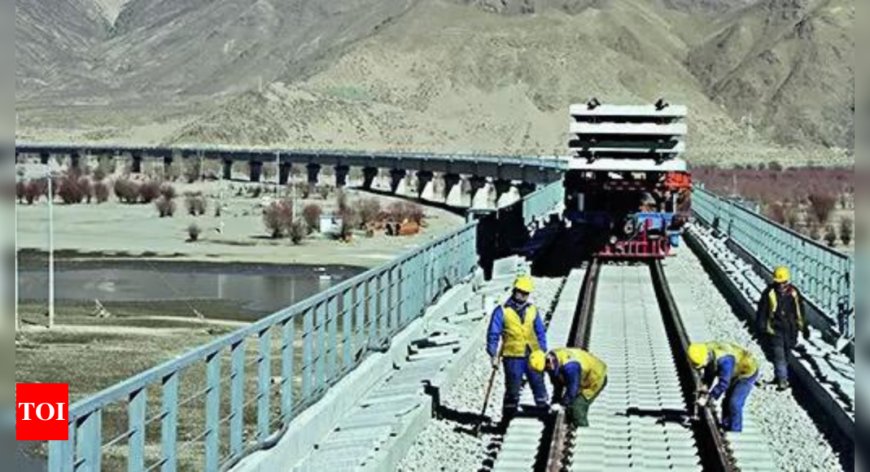No negative dam impact, says China on India fears
China has assured India that the construction of a mega dam on the Yarlung Tsangpo river in Tibet will not harm the lower riparian states. The project aims to develop clean energy and has been studied for decades to ensure environmental safety. US NSA Jake Sullivan will discuss the issue during his visit to India.

No Negative Dam Impact, Says China on India Fears
In recent discussions, China has addressed concerns raised by India regarding the impact of various dams on shared water resources. This significant statement emphasizes that, according to Chinese officials, there is no adverse effect from their dam projects that could harm India’s water security. These remarks come amid heightened tensions related to water sharing and environmental sustainability in the region.
Context of the Concerns
The relationship between India and China over water management has grown contentious in recent years. With the construction of multiple dams along the Brahmaputra River in Tibet, India has been wary of potential consequences on downstream water supply and overall ecosystems. India’s fears revolve around the possibility of reduced water flow, particularly during dry seasons when agricultural resources are heavily dependent on river systems.
China’s Response to India’s Fears
In response to India’s apprehensions, Chinese officials have reassured that their dam projects are designed with consideration for environmental impacts and do not pose a threat to India’s water availability. They highlighted that China adheres to international protocols on transboundary river management and is committed to transparent communication regarding water resource planning. This includes sharing hydrological data during floods or emergencies, aimed at fostering trust and cooperation between the two nations.
The Importance of International Cooperation
The ongoing dialogue signifies the need for bilateral cooperation in managing shared water resources effectively. Experts believe that establishing a formal agreement regarding water sharing can lead to better management of the Brahmaputra River system and enhance peace in the region. Therefore, ongoing high-level talks and diplomatic engagement are essential to avoid drastic misunderstandings that can escalate into larger geopolitical issues.
Conclusion
This assertion from China is a step towards easing tensions and fostering a collaborative environment regarding water management. Both nations stand to benefit from a robust dialogue and cooperative agreements ensuring that the rivers continue to serve their respective populations without conflict. The ongoing engagement is paramount in overcoming the profound complexity of water diplomacy in South Asia.
For more updates, visit dharmyuddh.com.







